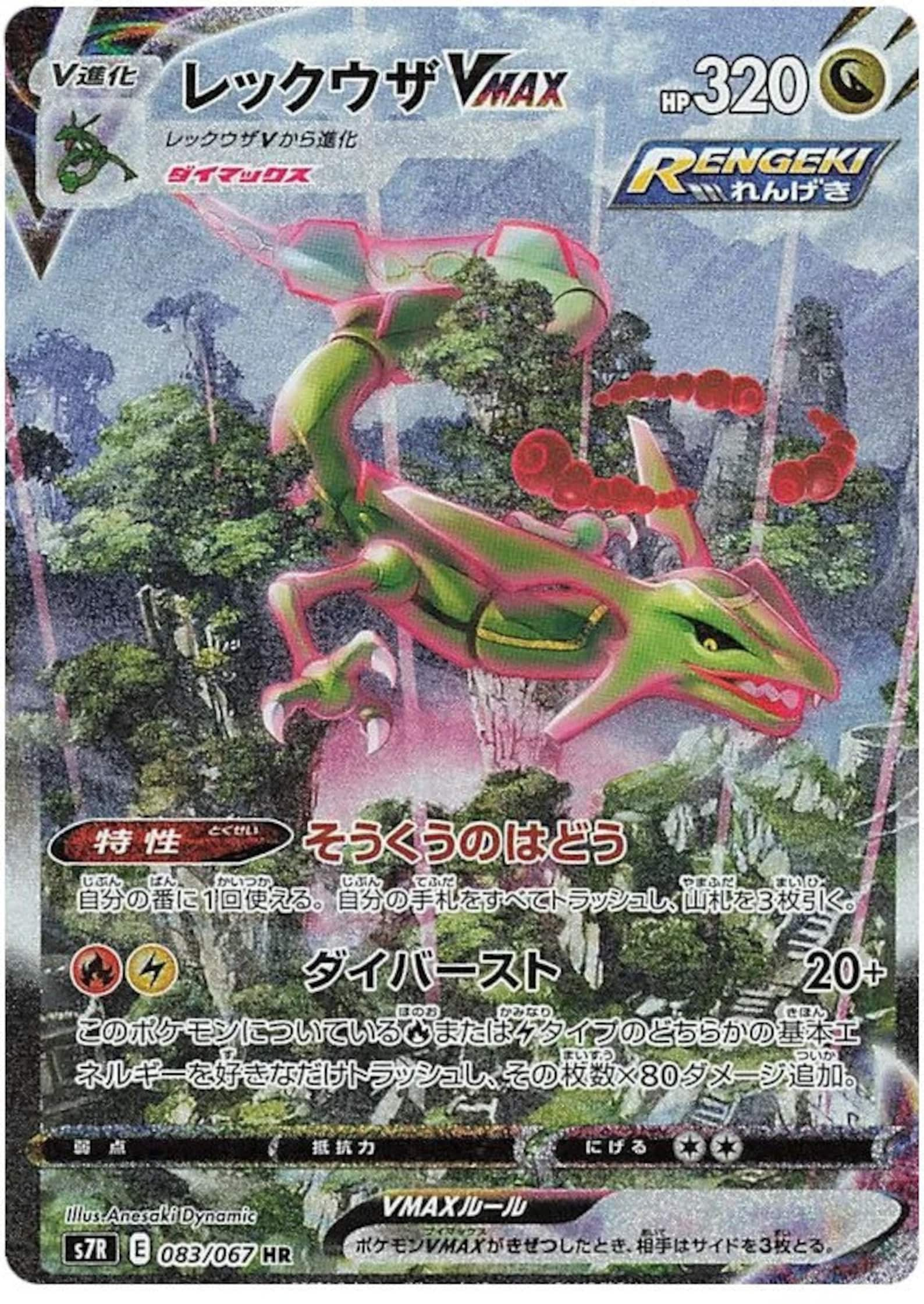



The American Academy of Pediatrics (AAP) recently shared new tips for parents amid the ongoing shortage. If you can't find any in-stock formulas that will work for your little one, know that you have a few temporary options. Woods says, if your baby is “just miserable after every bottle” for more than three days, reach out to your pediatrician about trying another option. “At a minimum, give it three days,” he continues. “It’s normal for baby to have some digestive symptoms,” he says, listing off bloating, reflux, diarrhea, constipation and gas as examples. While your baby might adjust to the change seamlessly, every baby is different, and it’s important to keep in mind that it can also take a few days for your baby to get used to the new formula, says Ashanti Woods, M.D., F.A.A.P., a pediatrician at Baltimore's Mercy Medical Center. Fisher says it’s also perfectly fine to just start your baby on the new brand without any mixing. “That can aid with digestion.” If you don’t have extra formula from your go-to brand handy, Dr. “Use a couple of ounces of each,” she says. Fisher recommends mixing it with your current formula if you have some left to help transition your baby to the new brand. Once you have a new formula selected, Dr. They can help you find a specialty formula alternative. Fisher recommends consulting with your pediatrician to see what they recommend. If your baby has allergies or certain sensitivities, Dr. (This is also why it's not a good idea to order formula from overseas.) That means you can rest easy knowing that any formula you buy in this country is regulated and safe for your little one. must meet strict federal nutrient requirements, per the FDA. It’s also worth noting that all formulas marketed in the U.S. The best way to check: Look at the company’s website - they’ll often have information about the research that has gone into their products and the testing they’ve gone through. "If you’re on a sensitive formula, you should look for another sensitive formula." The best formulas are made by companies that perform a lot of research into making sure the formulas they produce are as close to breast milk as possible, notes Dr. “If you’re on a cow’s milk-based formula, you should look for another cow’s milk-based formula," she says. But babies often tolerate formula switches well, particularly if you stick with the same type, says Danelle Fisher, M.D., F.A.A.P., a pediatrician and chair of pediatrics at Providence Saint John’s Health Center in Santa Monica, California. If you’ve established your baby on a formula you know and trust, it can be frustrating and a little scary to no longer be able to find it on shelves. Here’s what parents and caregivers need to know. If you feed your baby formula, it’s understandable to have concerns - and questions. As a result, more baby formulas are out of stock, and some retailers have product limitations in place.

The plant has since been shut down by the FDA, but many other manufacturers and plants have not been able to keep up with the resulting demand. The reason: There were concerns about a possible contamination of the formula with Cronobacter, a bacterium that can cause severe foodborne illness. Under the recall, the Food and Drug Administration (FDA) pulled select lots of powdered baby formulas, including ones from Similac, Alimentum, EleCare and Similac PM 60/40 brand names, that were made in a Michigan plant by Abbott. While the shortage started with COVID-related supply chain issues, it’s been exacerbated by a formula recall from Abbott Nutrition in February. Out of stock rates have been particularly high in certain metropolitan areas, including Des Moines, Minneapolis and San Antonio, where out-of-stock rates are 50 percent or higher. That rate most recently jumped to 31 percent. Retail pricing analysis company Datasembly shared in a report that between 2 to 8 percent of baby formulas were out of stock in the first part of 2021. A baby formula shortage that started with the COVID-19 pandemic is only worsening, with parents reporting increasing difficulty finding their go-to brands in stores and online.


 0 kommentar(er)
0 kommentar(er)
